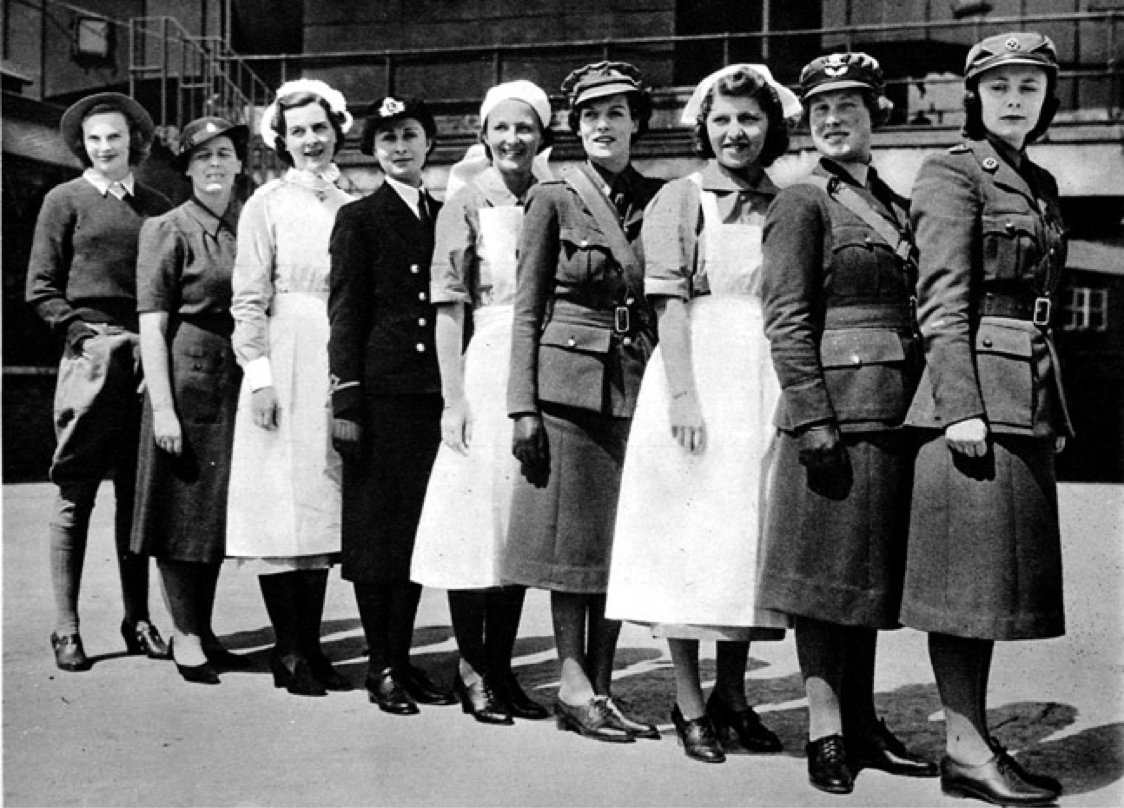It was actually pretty awful for these women who worked full time jobs in munitions factories and in the services themselves, when their husbands returned from war these women were told they had to stop work, because in those days it was the man who was expected to provide.
for the first time in History , for 6 years women had become independant earners, and had learned skills they'd never have learned at the kitchen sink, and they were gutted to be put back to domestic drudgery and lose the skills, and the friendship and the freedom they'd gained while their husbands were away at the front...

